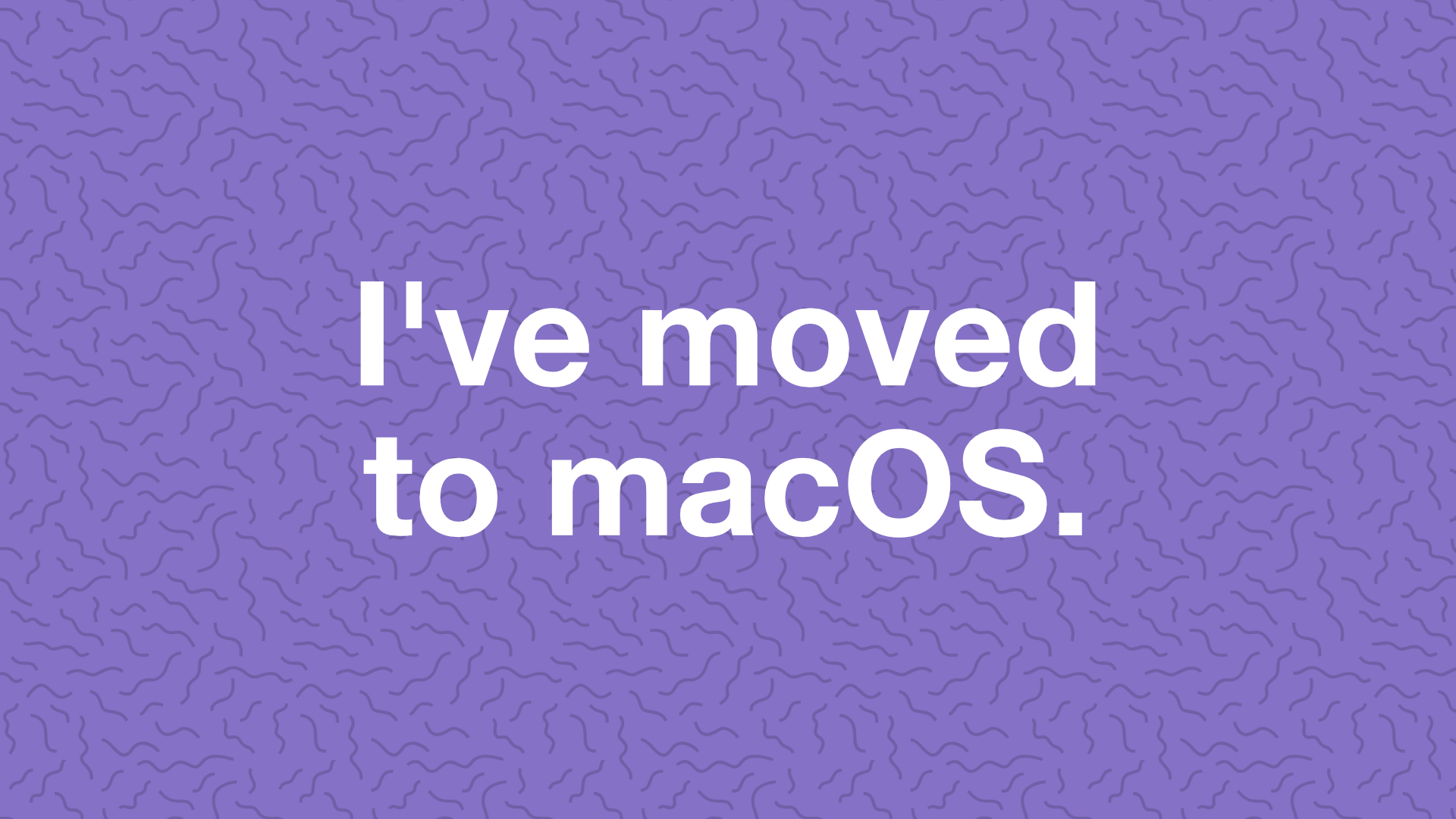I've moved to macOS.

For years, I've proudly championed open source software. My daily computing revolved around Linux, with its incredible community, transparency, and flexibility. Linux has been my go-to platform for development, productivity, and even leisure. However, after a long and thoughtful deliberation, I recently made the switch to macOS. Yes, as surprising as it might sound coming from someone so deeply rooted in the open source ecosystem, this decision wasn't made lightly.
Why macOS?
My shift to macOS stems from a growing reliance on software that is either unavailable on Linux or lacks sufficient alternatives. Despite the vast array of open source and Linux-native tools, some professional-grade applications that I've come to depend on are exclusive to macOS (and Windows, which I'm not keen on using).
Windows, while ubiquitous, was never a viable option for me due to its closed ecosystem and user-hostile practices, such as forced updates and telemetry. macOS, on the other hand, offers a Unix-based system that feels familiar, with a layer of polish and commercial software support that Linux currently lacks.
Maintaining an Open Source Ethos
Switching to macOS doesn't mean abandoning open source principles. I continue to use open source tools wherever possible. Homebrew, for instance, brings a package management experience akin to APT or DNF. Additionally, tools like Visual Studio Code, Vim, and Docker seamlessly integrate into macOS, allowing me to maintain much of my previous workflow.
I've also found ways to contribute to the open source community from a macOS environment. Whether through cross-platform development or raising awareness about tools that bridge gaps for macOS users, the open source ethos remains a core part of my workflow.
The Challenges of Linux for Everyday Use
As much as I love Linux, there are hurdles that can't be ignored:
- While Linux has come a long way, some modern hardware still lacks adequate driver support.
- Certain industries rely on software that simply doesn't exist on Linux, leaving professionals with limited options.
- The small market share of Linux on desktops discourages some developers from prioritizing Linux ports.
Final Thoughts
Switching to macOS hasn't dulled my appreciation for Linux or the open source movement. Instead, it's a pragmatic choice–a compromise to meet my current needs without compromising on quality or ethics. I still run Linux on my servers, contribute to open source projects, and advocate for the community that's shaped my career.
My journey highlights the importance of keeping an open mind. While platforms may change, the values that drive us as technologists–innovation, collaboration, and freedom–remain constant. And who knows? Perhaps in the future, the Linux desktop ecosystem will evolve to a point where I can come back home full-time.
What are your thoughts on balancing open source ideals with practical needs? I'd love to hear from others who've faced similar dilemmas.
No spam, no sharing to third party. Only you and me.

Member discussion